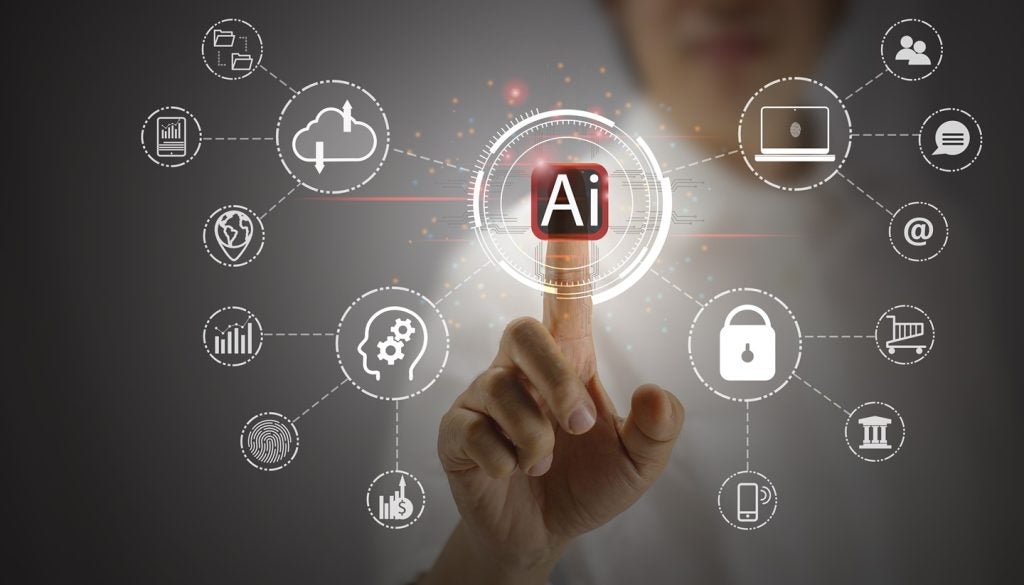
The American Institute of CPAs (AICPA) and the US’ National Association of State Boards of Accountancy (NASBA) have launched the CPA Evolution Model Curriculum.
This curriculum is part of AICPA and NASBA’s CPA Evolution Initiative which is transforming the CPA licensure model to recognise the changing skills and competencies the accounting profession requires.
The curriculum was developed by the CPA Evolution Model Curriculum Task Forces, a group of more than 40 volunteers from across the profession, including faculty from small colleges to large universities, CPAs in public practice as well as business and industry, and representatives from State Boards of Accountancy. The curriculum reflects the skills newly licensed CPAs need in the current practice environment and serves as a model of how an accounting programme could transition to prepare CPA candidates for the Core + Disciplines CPA Exam structure that will test those skills starting in 2024.
AICPA CEO of public accounting Sue Coffey said: “A skill set that includes a deep understanding of new and emerging technologies is essential for CPAs entering the profession. We heard from accounting faculty that they want insight into how to begin transitioning their programs to teach these skills and better prepare students for the coming Core + Disciplines CPA Exam structure. We’re excited to share the work of our Task Forces and help faculty prepare a strong pipeline of future CPAs who will continue to meet the changing needs of U.S. capital markets.”
CPA Evolution Model Curriculum Design and Goals
How well do you really know your competitors?
Access the most comprehensive Company Profiles on the market, powered by GlobalData. Save hours of research. Gain competitive edge.

Thank you!
Your download email will arrive shortly
Not ready to buy yet? Download a free sample
We are confident about the unique quality of our Company Profiles. However, we want you to make the most beneficial decision for your business, so we offer a free sample that you can download by submitting the below form
By GlobalDataThe curriculum is intended to provide an accounting student with the skills and competencies required of a newly licensed CPA to meet the needs of the marketplace and protect the public interest. As such, it is focused on a college accounting curriculum that is relevant to preparing future CPAs.
The curriculum is comprised of two main components:
- Detailed content suggestions with modules, topics and learning objectives. This component covers the content necessary for all future CPAs (the Core), as well as the three separate Disciplines (Business Analysis and Reporting, Information Systems and Control, Tax Compliance and Planning).
- Examples of course structuring.
Based on feedback from faculty on the Task Forces, the Curriculum suggests courses where the content may be taught as well as time estimates for instruction on each topic.
The curriculum presumes that students will complete pre-requisite coursework in principles of financial accounting, principles of managerial accounting and relevant business courses such as economics, finance, and business law. It does not specify whether content should be covered at an undergraduate or graduate level, as this will differ based on each individual accounting programme.
When reviewing recommendations appearing in the Curriculum, each accounting programme should consider their unique circumstances, including their strategic objectives and the needs of employers hiring their graduates.
Resources for Faculty and College Accounting Programmes
The Curriculum is one of several resources the AICPA and NASBA offer to help educators address emerging issues and technologies in the profession and better align education with practice.
AICPA has developed resources to help collegiate accounting programs enhance their curricula as the profession transitions under the CPA Evolution licensure model. The Academic Resource Hub offers case studies, assignments, readings and webinars to help accounting educators ensure students are prepared to meet the needs of the marketplace.
The Faculty Hour webcast series will provide CPA Evolution status updates and discussions on how to integrate data analytics, systems and technology-related subject matter, and other emerging topics relevant to the CPA profession into accounting curricula.
NASBA vice president of state board relations Dan Dustin said: “The CPA Evolution Model Curriculum is a valuable resource tool for the academic community by providing examples of how to address any gaps between what is currently taught by accounting programs today and the skills and competencies expected of CPAs by their clients in a technology-driven environment. The Curriculum includes an array of accounting content including traditional accounting content of financial/managerial accounting, audit, and tax, but it also includes content in the increasingly important technology-related areas of accounting data analytics, digital acumen and IT governance and controls.”






